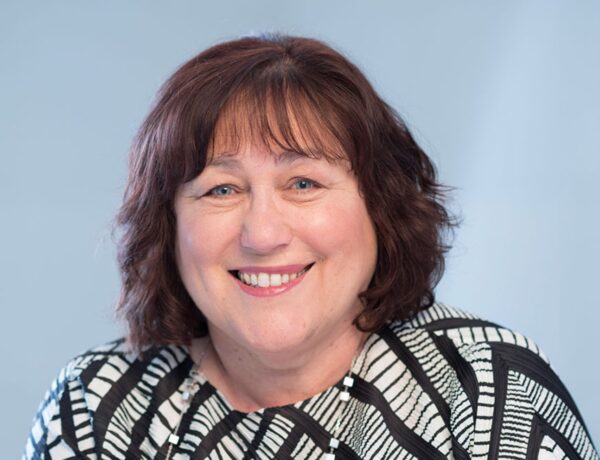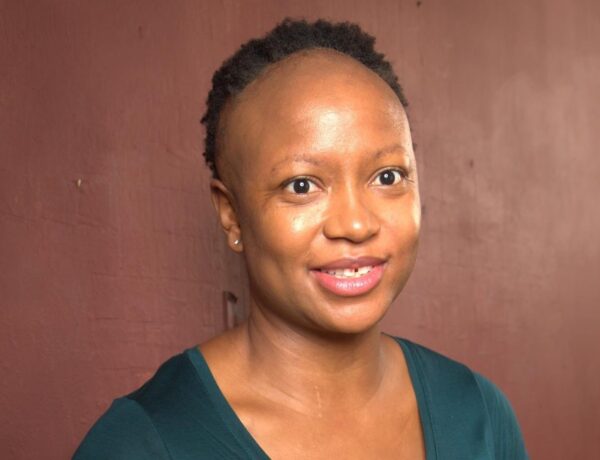De’Shawn Charles Winslow is the author of In West Mills, a Center for Fiction First Novel Prize winner, an American Book Award recipient, a Willie Morris Award for Southern Fiction winner, and a Los Angeles Times Book Award, Lambda Literary Award, and Publishing Triangle Award finalist.
He was born and raised in Elizabeth City, North Carolina, and graduated from the Iowa Writers’ Workshop.
Each week, we publish a new daily writing routine from a famous author. Subscribe to our newsletter so you don’t miss out!
Hi De’Shawn, welcome to Famous Writing Routines, great to have you here with us today! First of all, congratulations on your latest book, Decent People! How has the experience been so far, promoting the book and engaging with readers?
It has been wonderful. I’ve been speaking with new readers and seeing and hearing from readers of my first novel, which feels really comforting.
The book is set in 1976 in the still-segregated town of West Mills, North Carolina. What was it about this time period and location that interested you and inspired you to write this story?
The time period has a lot to do with La’Roy’s age. Since he was a character from In West Mills that I wanted to spend a bit more time with, I had to choose a year in which he would be a young teen. But also, there was an accidental triple drowning in the real town of South Mills, NC in the mid-70’s. Initially, the Harmons were going to be victims of accidental death, but I changed it to murder. The choice of ’76 was largely logistical.
Decent People explores themes of shame, race, and money, and the reckoning required to heal a fractured community. Can you tell us a bit more about how these themes are explored in the book, and what you hope readers take away from them?
Those themes are explored via homophobia, the criticism of interracial unions and harshness people with addictions suffer, and the way people with money are treated/regarded while people who have less receive far less benefit of the doubt. I hope readers will come away with a better understanding of the subtle ways we all treat people who are different. It’s my belief that most of us don’t even realize we have these types of biases because society has ingrained them in some of us from such a young age (in schools, at church, in the home).
Your previous book, In West Mills, won the Center for Fiction First Novel Prize and was a recipient of the American Book Award. How did those experiences shape your approach to writing Decent People, and how did you feel going into this new project?
Awards and prizes are wonderful, and I’m happy to have received them. But they don’t influence my writing because I don’t believe my primary readers care what awards a book receives. I believe my readers come to my work because of the characters, their predicaments, and the setting. At least that’s what many have said to me in letters and in person.
Going into a new project isn’t an easy feat. It felt like the first time all over again. And I’m okay with that. There’s some fun in that.
You’ve won numerous awards and accolades for your writing, including being a finalist for the Los Angeles Times Book Award, Lambda Literary Award, and Publishing Triangle Award. What has been your proudest moment as an author so far?
Receiving kind letters from readers who feel touched by the novels is what warms me most of all.
Do you struggle to stay focused while writing? You’re not alone! That’s why Famous Writing Routines recommends Freedom – the ultimate app and website blocker for Mac, Windows, Android, iOS, and Chrome. With over 2.5 million users, Freedom helps writers stay on task and avoid distractions. Get started for free today and reclaim your productivity!
Can you tell us about your writing routine? What does a typical day look like for you?
I’m not a full-time writer. I teach three, sometimes four, classes each semester. When I do write, I start small. I don’t try to write several pages or words in a day (unless a deadline is fast approaching, of course).
If you could have a conversation with any author throughout history about their writing routine and creative process, who would that person be?
I used to be curious about writers’ routines and processes, but I find myself less curious about that now because I know that much of those routines are based on writers’ lives, having nothing to do with writing. A writer who has a full-time job and/or children, will likely have vastly different routines than a childless person like myself.
I’d love to know about the books you’re reading at the moment. What have been some of your favourite recent reads?
I’m currently reading The Last White Man by Mohsin Hamid, and I’ve recently read and loved When Trying to Return Home by Jennifer Maritza McCauley, Black Candle Women by Diane Marie Brown, The House Is On Fire by Rachel Beanland, and What Napoleon Could Not Do by DK NNuro, just to name some.
In addition to being an author, you also graduated from the Iowa Writers’ Workshop. How has your time at the Workshop influenced your writing, and what advice would you give to aspiring writers looking to hone their craft?
While the publishing industry places high value on having an MFA, reading and the practice of writing and revising is, I believe, the best teacher.
What does your current writing workspace look like?
I use a small, round table instead of an actual desk because a desk makes me feel like I’m writing a college paper instead of fiction.
Affiliate disclaimer: Some links on this website are affiliate links. We may earn a small commission if you make a purchase through these links, but only promote products we truly believe in. We disclose affiliate links and give honest reviews.



No Comments